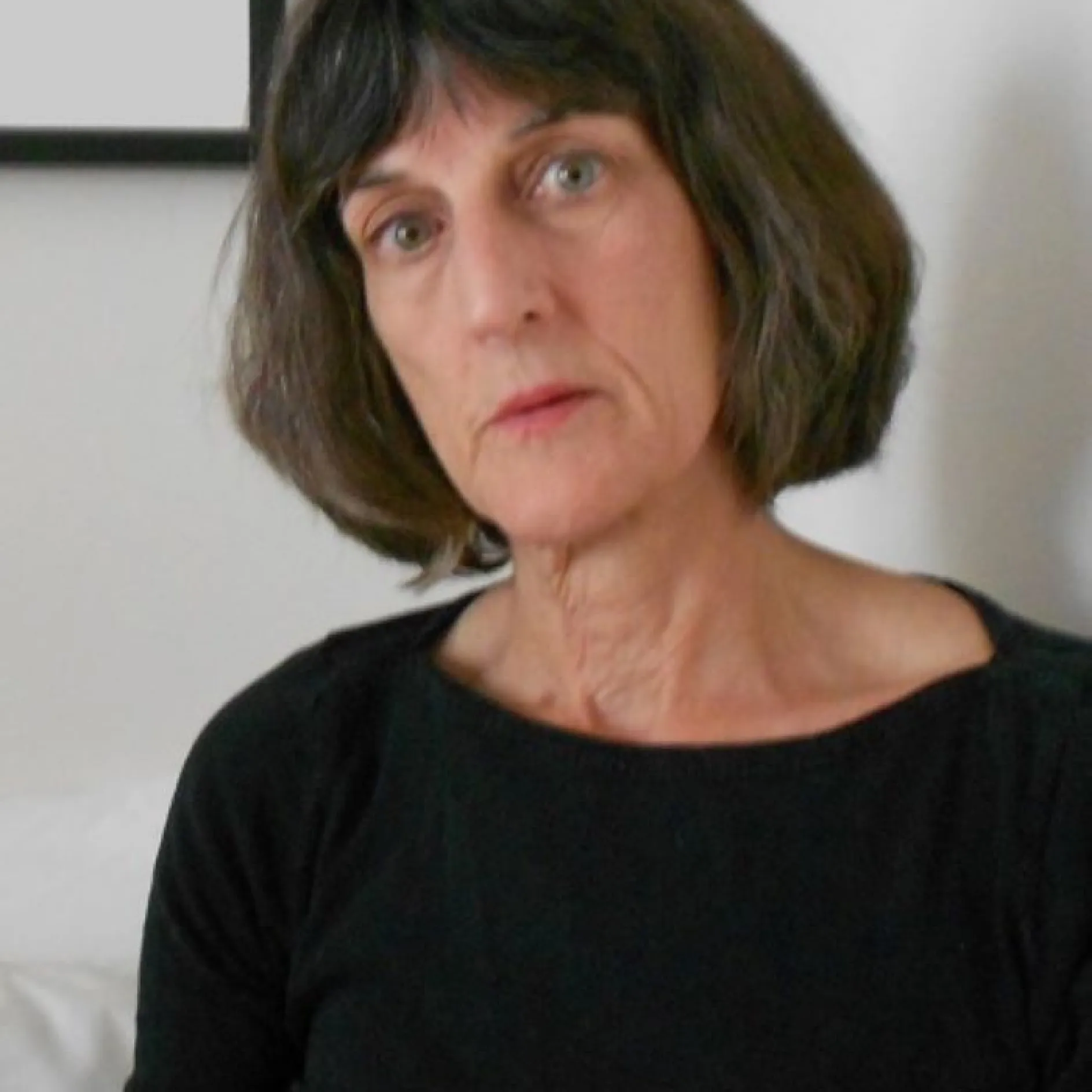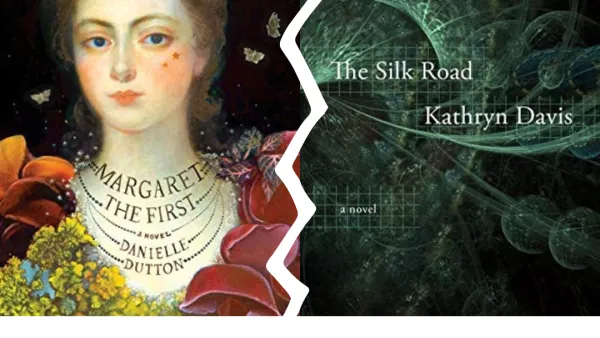Writing Excerpt: The Thin Place
The world was already acting strange millions of years ago.
Water had its way with rock. Liquid beat solid. Ice is supposed to be obdurate, unyielding, but back then it rippled and flowed. The glacier rode the world, and the world let it change it, like a girl riding her lover and turning his prick to foam. Exactly the way it is today.
The world was strange from day one. Let there be light, God said, and there was light. There is probably nothing more beautiful and implausible than the world, nothing that makes less sense, the gray bud of the willow, silky and soft, the silk-white throat of the cobra, the wish of nature or humans to subsume all living matter in fire and flood. I will hurt you, hurt you, hurt you, says the world, and then a meadow arches its back and golden pollen sprays forth.
Everyone prefers to stick with the subject of people, but how shortsighted to leave out the question of how we got here and where we're going.
At least four glaciers covered Varennes over the past three million years.
And even then, how beautiful! Rock cased in ice, the sun extracting greens and blues. Though to say everything was more beautiful without people, before people--even to go so far as to imagine after people--is obscene.
From Kathryn Davis, The Thin Place , (Little Brown, 2006).












